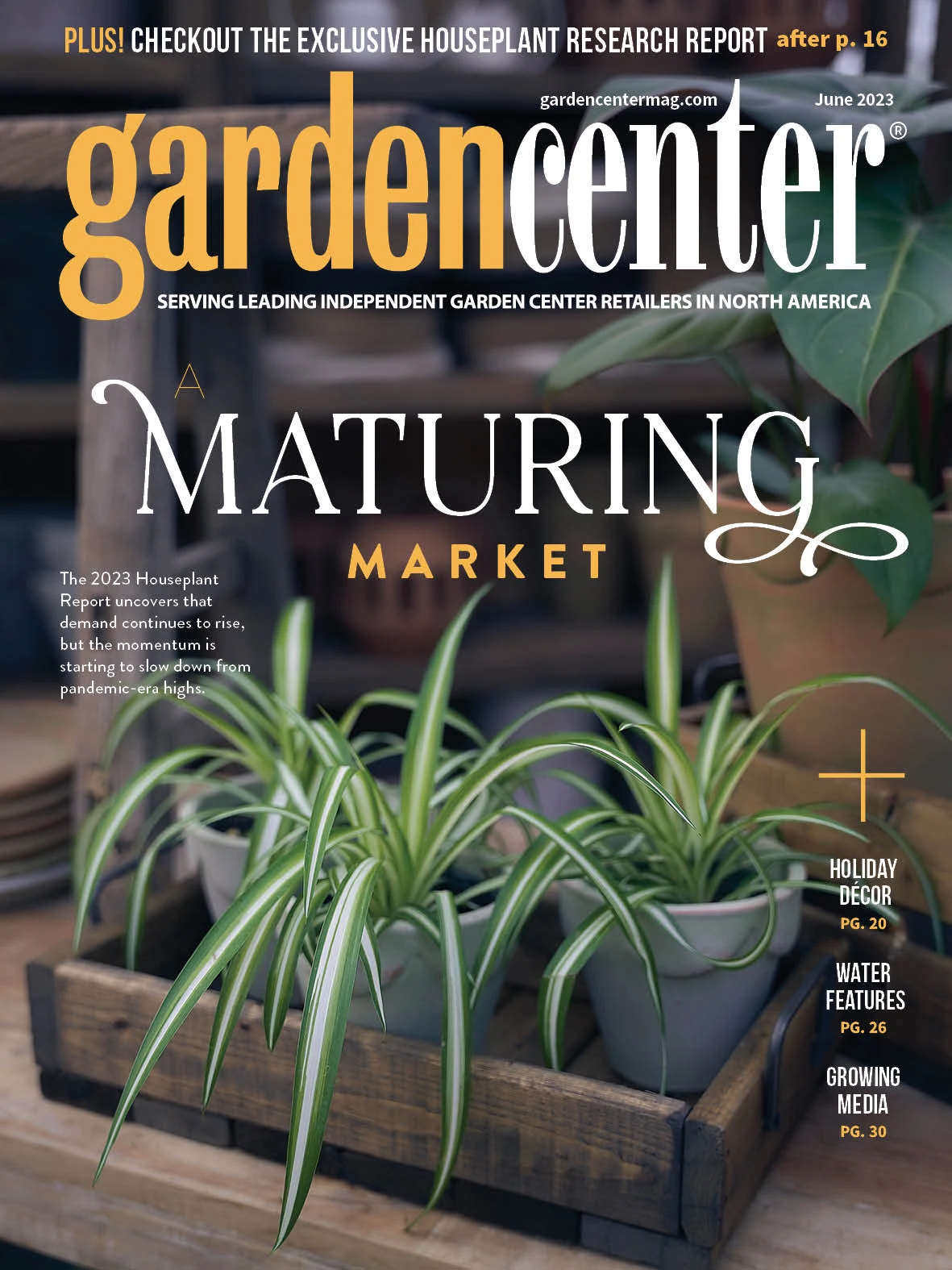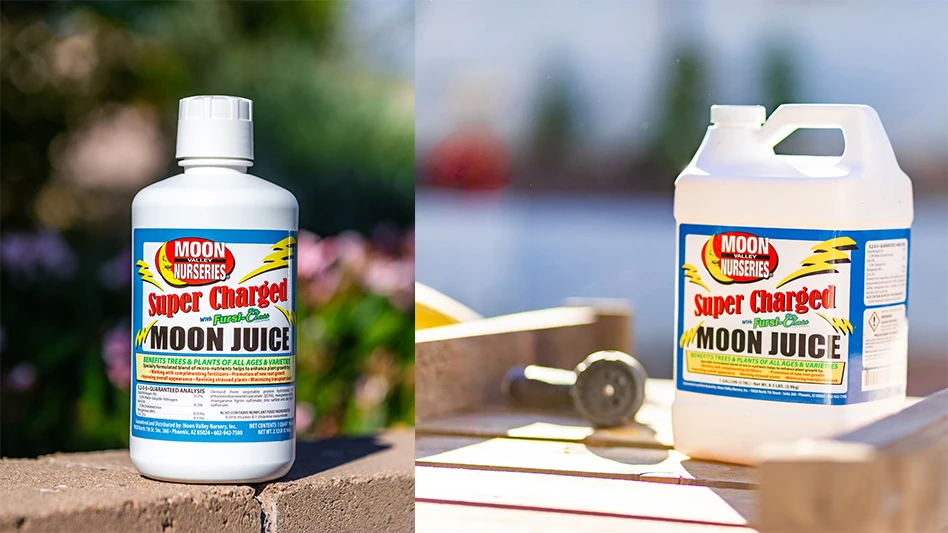

When I accidentally stepped into the gardening world a little over 20 years ago to help a friend create a gardening television show, I knew nothing about plants or soil biology. We would tape excellent how-to-do segments and visit a beautiful garden center the next day, and one of our staff would ask me to identify a plant. I would fail, and they would say, “We featured this plant yesterday!”
I’ve learned that it is the way my brain works. To remember how to care for plants, I relate it to raising children. The most straightforward process for me was to be very aware of setting the culture, reacting patiently, and following up with care and encouragement.
As the options for soil products have changed dramatically over the last 20 years, retailers have had to think deeply about the many possible selections.
Here are a few things to consider when selling living compost-based soils.
1. Does the company have 3rd party approval from the Organic Materials Review Institute (OMRI), The United States Department of Agriculture (USDA Organic) or the California Department of Food and Agriculture (CDFA)? These organizations set standards, certify organic products, and provide guidelines to ensure that products claiming to be “organic” meet specific environmental and human health criteria. These certifications assure consumers that the soil, crops and products grown, meet specific organic standards and do not contain toxic chemicals, synthetic fertilizers, or municipal bio-solids.
2. When a company meets these standards, the living soil they create will encourage a diverse culture to allow plants to find themselves and grow naturally. The roots will converse with the collective bio-diverse microbes and learn where the best nutrition options can be found. The process encourages more profound root growth and stability during rough weather conditions and transplant stress.

3. Plants will tolerate a broader PH spectrum when the soil culture is healthy and diverse. If the PH is a little out of range, it will take them some time to socialize with the microbes and find the best path. Be patient and concentrate on proper lighting and watering. They will learn how to take care of themselves.
4. Because of the forgiving and supportive nature of carefully crafted living soil, there are very few mistakes your employees can make in advising your customers. The employees will be confident, and your customers will be happy.
5 . Work with companies with an open and responsive staff willing to offer training and effective POP. Check out their social media, online content and get a sense of how they treat and respond to customers.
If you find a company that offers high-quality living soil and treats you like family you’ve made the right choice.

Explore the June 2023 Issue
Check out more from this issue and find your next story to read.
Latest from Garden Center
- Society of American Florists accepting entries for 2025 Marketer of the Year Contest
- Sustainabloom launches Wholesale Nickel Program to support floriculture sustainability
- American Horticultural Society welcomes five new board members
- Color Orchids acquires Floricultura Pacific, becoming largest orchid supplier in U.S.
- American Floral Endowment establishes Demaree Family Floriculture Advancement Fund
- University of Florida researchers are securing the future of floral fragrance using caladium
- The Growth Industry Episode 3: Across the Pond with Neville Stein
- Proven Winners offers Certified Garden Center Training for staff education






